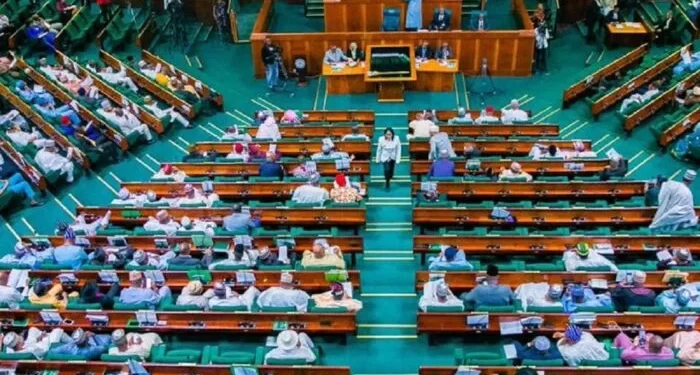Deputy Spokesperson of the House, Philip Agbese, expressed confidence that the Green Chamber would approve the loan, stating that the government has demonstrated prudence in resource management. “The Tinubu-led administration has been prudent. We will approve the loan request without hesitation, provided it is for capital projects as stipulated in the President’s letter,” Agbese said.
He added that the House’s Standing Committees are already scrutinizing the request to ensure compliance with established procedures. “As representatives of the people, we will ensure every penny is accounted for,” he assured.
Concerns Over Rising Debt
The opposition has raised red flags about Nigeria’s rising debt profile, currently standing at N136 trillion, with the loan request exacerbating concerns. Minority Caucus Leader Kingsley Chinda called for a critical evaluation, stressing that borrowing should be a last resort.
“Borrowing with interest should not be the default option. What efforts have been made to raise funds without borrowing? Are the projects funded by this loan necessary and verifiable?” Chinda asked.
Public Accounts Committee Chairman Bamidele Salam echoed this sentiment, emphasizing the need for transparency. “The loan must be scrutinized. I will only support it if the terms are favorable and funds are allocated to critical infrastructure projects that cannot be financed through other means,” Salam stated.
Labour Party lawmaker Afam Oghene also expressed unease, citing the country’s growing debt stock, which as of June 2024 stood at N87.38 trillion ($113.42 billion). “The opposition will continue to question these loan requests, not just due to the debt but also concerns about transparency and accountability,” Oghene said.
Ruling Party’s Defense
Proponents of the loan, including APC lawmakers Chike Okafor and Philip Agbese, argue that borrowing is essential for addressing decades of underinvestment in critical sectors such as health, education, and infrastructure.
Okafor contended that borrowing to fund capital projects is necessary to stimulate the economy, warning against the misconception that all loans are harmful. “Borrowing to fund critical infrastructure is a step in the right direction. What we should avoid is borrowing to fund recurrent expenditures,” he explained.
Tensions Among Lawmakers
The debate underscores broader tensions in the parliament, with opposition members wary of perceived fiscal recklessness and ruling party lawmakers emphasizing the need for developmental investments.
Observers anticipate a heated debate during Tuesday’s session, with implications for the Tinubu administration’s ability to implement its fiscal agenda and deliver on campaign promises.
























